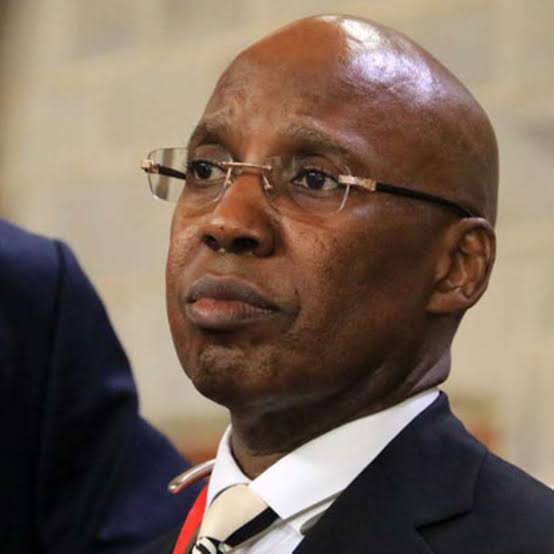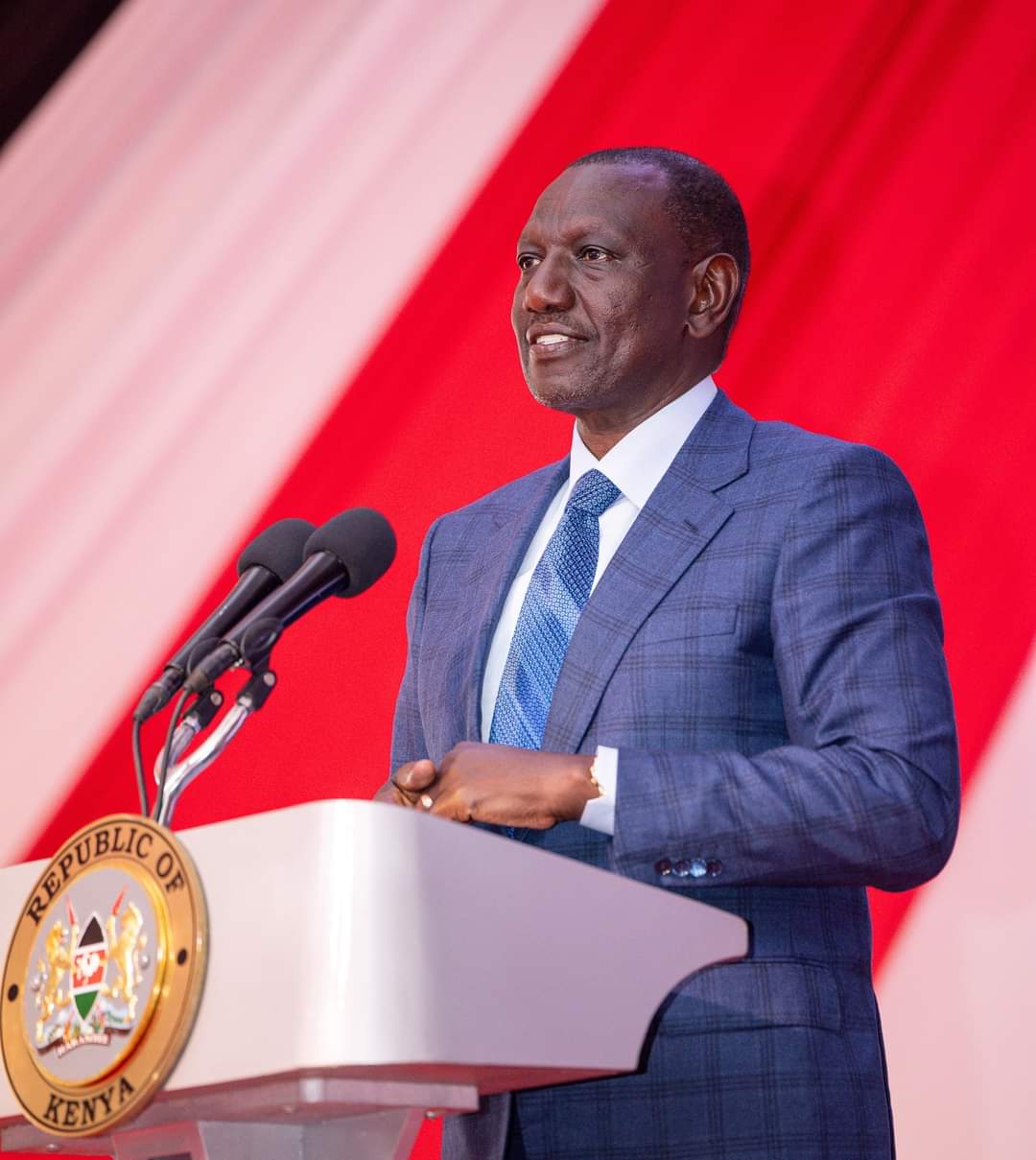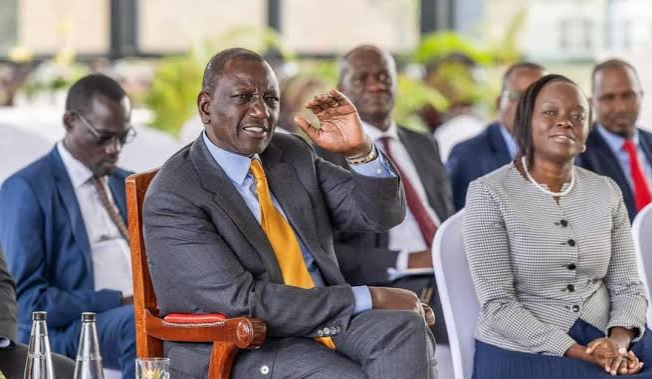The High Court has declared that the Kenyan government broke the Constitution by hiding crucial information about public debts and borrowing.
It’s a big deal—because now, the court is demanding answers. Within 45 days, the government must reveal all the details about Kenya’s debt agreements, sovereign bonds, and exactly how borrowed money has been spent.
“This is a huge step towards unraveling the public debt heist,” said businessman Jimi Wanjigi, celebrating the decision. He’s not alone—many Kenyans have been pushing for transparency as concerns over the country’s rising debt grow louder.
“This is a huge step towards unraveling the public debt heist,” said businessman Jimi Wanjigi, celebrating the decision. He’s not alone—many Kenyans have been pushing for transparency as concerns over the country’s rising debt grow louder.

Businessman Jimmy Richard Wanjigi
For years, questions have swirled about the secrecy surrounding Kenya’s borrowing. Critics have warned that the lack of transparency opens doors for corruption and mismanagement, leaving taxpayers to shoulder the burden of unsustainable debt. This ruling could finally change that.
Civil society groups like the Kenya Human Rights Commission (KHRC) and The Institute for Social Accountability (TISA), who filed the petition, see this as a win for accountability. They’ve been saying it for ages: Kenyans deserve to know how their resources are being managed.
With the clock ticking on the court’s 45-day deadline, all eyes are on the government. Will they comply?

President William Ruto speaking during a State House meeting. Photo: William Ruto Source: Facebook
And if they do, what will the details reveal? One thing’s clear—this ruling could shake up Kenya’s financial governance and give citizens the transparency they’ve been demanding for years
In the recent days, Pres William Ruto has bene on the receiving end following claims that he has been paying debt that can’t be audited. In some cases, there have bene concerns that the loans benefitted a few individuals and not the interests of Kenyans.



